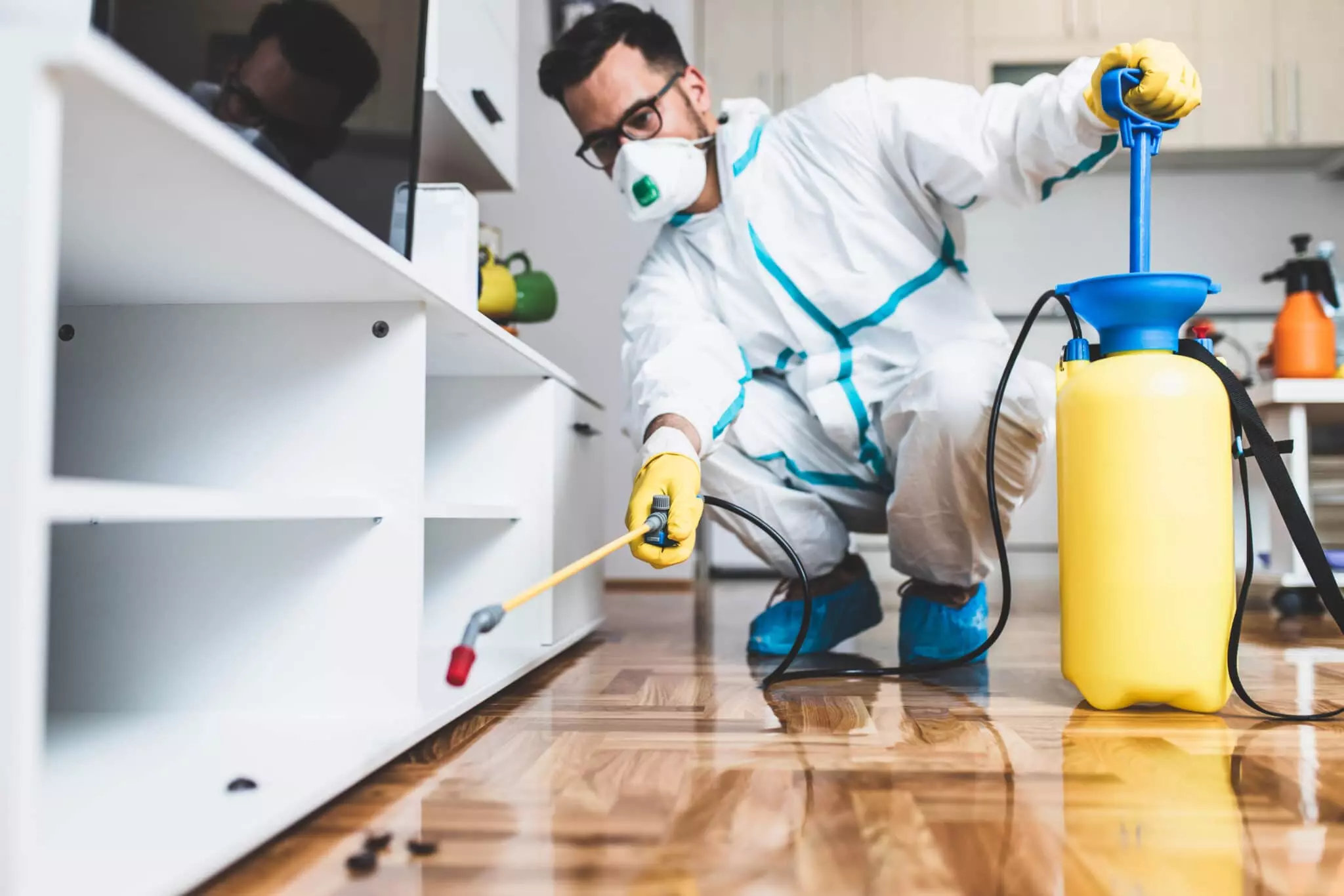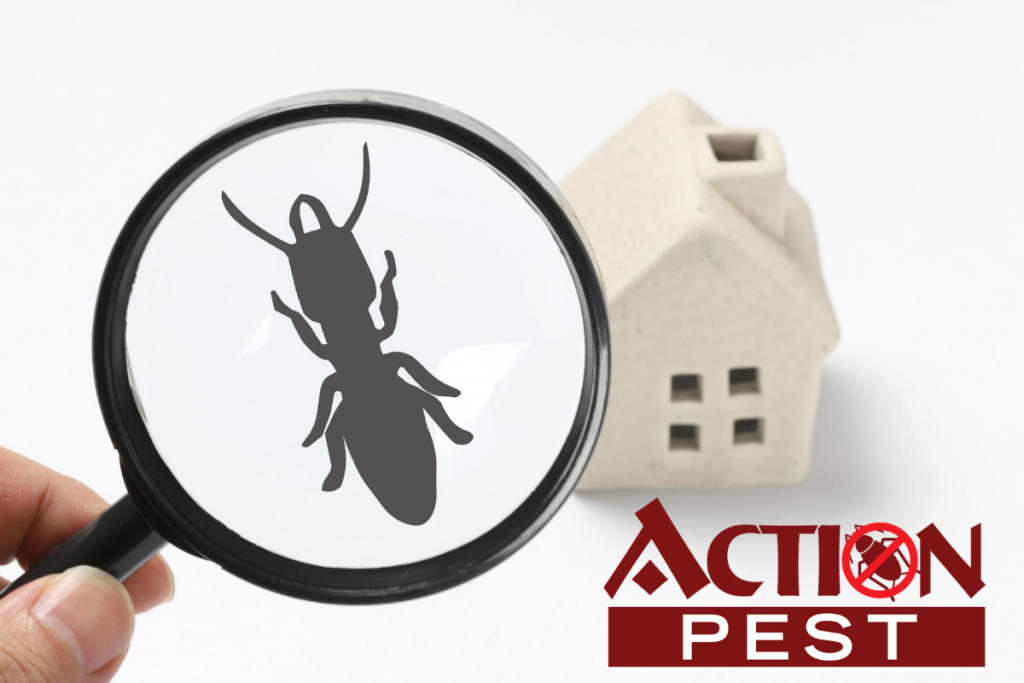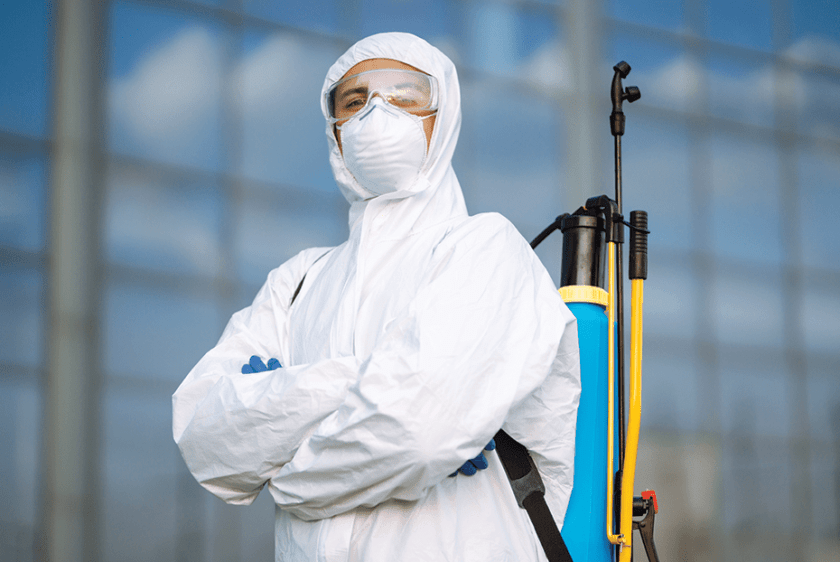Safe and Reputable Parasite Control for Lasting Protection
Efficient pest monitoring needs a diverse approach that stabilizes environmental stability with the need for reliable bug suppression. The subtleties of these techniques might not be right away clear, prompting a more detailed assessment of the practices that can lead to lasting bug control outcomes.
Recognizing Bug Control Methods
Insect control includes a variety of techniques intended at handling and eliminating undesirable bugs and rodents that can intimidate both health and wellness and residential or commercial property. Recognizing these techniques is essential for reliable insect monitoring.
The main groups of bug control methods consist of mechanical, organic, and chemical techniques. Mechanical techniques include physical obstacles and traps to avoid pest entrance and capture unwanted types. As an example, using displays on windows or utilizing sticky catches can significantly minimize pest populations without presenting hazardous compounds.

Chemical insect control is usually the most acknowledged approach, utilizing pesticides to get rid of parasites. These chemicals can be effective however have to be used with caution to prevent damaging effects on non-target species and the atmosphere.
Advantages of Eco-Friendly Solutions
Just how can eco-friendly services change parasite control techniques? The adoption of environmentally friendly insect control methods supplies numerous advantages, dramatically enhancing the efficiency and security of bug monitoring (exterminator coquitlam). These solutions utilize all-natural active ingredients, reducing the dependence on hazardous chemicals that can position risks to human health and wellness and the atmosphere. This shift not just safeguards animals and families but also minimizes the potential for dirt and water contamination.

An additional benefit is the favorable effect on local biodiversity. Eco-friendly remedies are created to target particular insects while preserving valuable bugs and wildlife, advertising a well balanced environment. This approach straightens with the expanding consumer need for sustainable practices, boosting the track record of insect control providers.
Integrated Parasite Administration Strategies
The execution of environment-friendly options naturally results in the fostering of Integrated Insect Monitoring (IPM) strategies, which better improve pest control efficiency. IPM is a holistic strategy that integrates numerous strategies to take care of pest populaces while minimizing ecological impact. This method emphasizes making use of biological, cultural, mechanical, and chemical controls, ensuring a lasting and well balanced approach of insect monitoring.
One essential facet of IPM is the comprehensive analysis of pest task and ecological conditions. By keeping an eye on pest populations and recognizing their life cycles, specialists can apply targeted interventions that interrupt the bug's environment or lifecycle, decreasing dependence on chemical pesticides. In addition, cultural practices such as plant turning and environment manipulation can significantly decrease insect facility and recreation.
Another crucial element is using organic control agents, such as advantageous bugs or microbes, which can normally suppress insect populations. When chemical applications are essential, IPM focuses on using low-risk pesticides and applies them selectively, reducing direct exposure to non-target microorganisms and human beings.
Including IPM strategies not only improves pest control effectiveness but likewise promotes a much safer environment, lining up with the expanding need for sustainable methods in bug administration.
Safe Practices for House Owners
Recognizing the value of secure methods in bug control can equip house owners to successfully handle insect problems while protecting their health and the environment. Implementing precautionary steps and non-toxic methods is critical in decreasing direct exposure to dangerous chemicals.
Property owners should initially examine their setting for conditions that bring in insects, such as standing water, food, and mess waste. Regularly cleansing and sealing entry factors can discourage pests from invading the home. Utilizing all-natural deterrents, such as necessary oils or diatomaceous earth, can give efficient alternatives to chemical pesticides.
When chemical therapies are required, homeowners must select items that are especially classified as secure for residential use. It is essential to adhere to application standards meticulously to prevent too much exposure. Utilizing targeted treatments in areas where parasites are identified, instead than covering spraying, can significantly reduce chemical use.
Lastly, maintaining open interaction with pest control experts is essential. Property owners need to inquire regarding the safety and security of products utilized and demand eco-friendly options whenever feasible. By taking on these safe practices, house owners can develop a healthier living environment while successfully taking care of pest problems.

Tips for Long-Term Defense
Establishing a parasite management method that emphasizes long-lasting defense can significantly boost the effectiveness of the risk-free techniques previously gone over. To achieve this, property owners need to implement routine examinations of their home, concentrating on concealed areas such as attics, cellars, and crawl rooms. Early detection of insect activity is critical in preventing invasions from holding.
In addition, keeping a clean environment is important. This consists of correct food storage space, promptly cleaning spills, and regularly throwing away waste. These practices try these out reduce attractants that draw insects into the home. Moreover, sealing entry factors, such as cracks around windows and doors, can effectively obstruct possible bug gain access to.
Landscape design should likewise be taken into consideration; keeping plants cut and maintaining a distance in between vegetation and the home decreases concealing areas for bugs. Using all-natural deterrents, such as vital oils or diatomaceous earth, can better prevent invasions without turning to rough chemicals.
Finally, collaborating with a specialist bug control service for routine assessments can give an additional layer of security. These professionals can provide customized referrals and advanced treatments, making certain that your home remains safeguarded against insects in the long-term.
Final Thought
In final thought, trusted and secure parasite control calls for a complex approach that emphasizes environmentally friendly approaches and integrated pest administration. By executing all-natural deterrents, conducting normal assessments, and maintaining appropriate sanitation, building owners can dramatically decrease parasite populations while shielding advantageous pests and the environment. Partnership with professional insect control solutions boosts the performance of these methods, making sure tailored options that give long-term defense and comfort versus future problems.
Effective insect monitoring needs a multifaceted approach that stabilizes ecological honesty with the demand for efficient insect reductions. The adoption of environmentally friendly pest control techniques uses countless benefits, substantially boosting the performance and safety of insect administration.The execution of eco-friendly solutions naturally leads to the adoption of Integrated Bug Monitoring (IPM) approaches, which further enhance insect control effectiveness. exterminator coquitlam. By keeping an eye on parasite populaces and recognizing their life cycles, experts can implement targeted interventions that disrupt the bug's habitat or lifecycle, lowering dependence on chemical pesticides.In verdict, trustworthy and safe bug control calls for a complex approach that highlights environmentally friendly techniques and integrated pest management